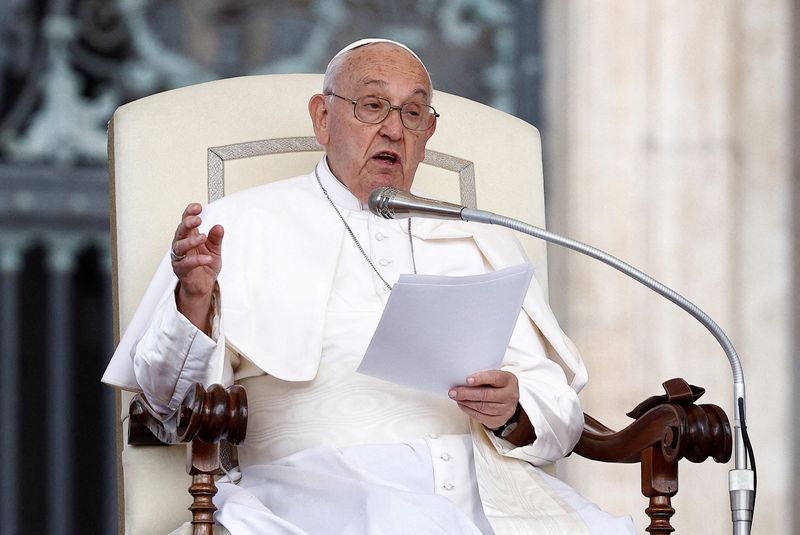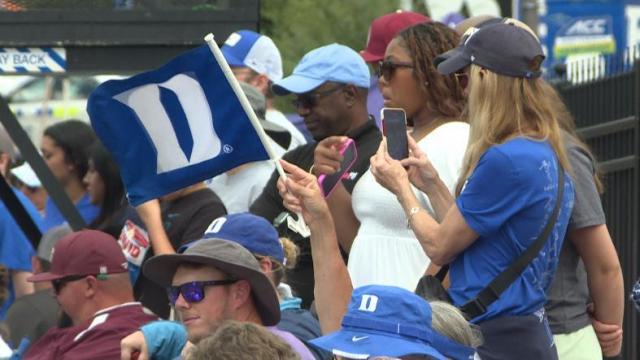Pope Francis, the 87-year-old pontiff, has been accused of making a homophobic slur during a private meeting with Italian bishops on May 20, according to reports from two Italian newspapers, Corriere della Sera and La Repubblica. The allegations have sparked controversy and raised questions about the Pope’s stance on LGBTQ+ issues within the Catholic Church.
Sources from inside the meeting claim that the Pope used the term “frociaggine,” which translates to “faggotry” in English, while discussing proposals from the Italian bishops to amend guidelines on candidates for seminaries.

The Vatican had previously ruled in 2005 that the church cannot allow the ordination of men who are actively gay or have “deep-seated” homosexual tendencies, a decision that Francis upheld in 2016. Two years later, he also instructed the Italian bishops not to accept gay candidates for the priesthood.
During his pontificate, Pope Francis has made efforts to offer a more welcoming approach to LGBTQ+ Catholics, famously saying “who am I to judge?” when asked about gay priests and suggesting the possibility of priests offering informal blessings for same-sex couples. However, the alleged use of a homophobic slur in the closed-door meeting has raised concerns about the consistency of his message.

The Corriere della Sera newspaper noted that the Argentine pope, who speaks Italian as a second language, may not have been fully aware of the offensive nature of his language. The newspaper also reported that the remark was met with incredulous laughter by the bishops. A source close to the Pope told CNN that the term could also be understood as referring to a “gay climate” in the seminaries.
Due to the private nature of the meeting, there is no official transcript of the comments. CNN has reached out to the Vatican for comment on whether the Pope used the term, but they have not yet responded.

The allegations have sparked a heated debate within the Catholic community and beyond, with many questioning the Pope’s commitment to inclusivity and acceptance of LGBTQ+ individuals. The incident highlights the ongoing challenges faced by the Catholic Church in navigating issues of sexuality and gender identity, as well as the importance of carefully considering the language used by religious leaders, even in private settings.
As the story continues to unfold, the Vatican’s response and any clarification from Pope Francis himself will be closely watched by Catholics and non-Catholics alike, as the world seeks to understand the implications of these alleged remarks on the Church’s stance towards the LGBTQ+ community.
CNN


